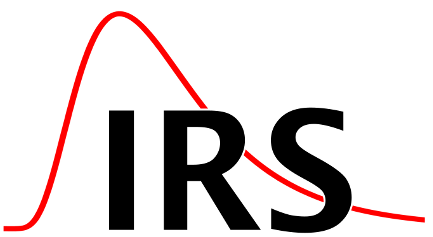TU Braunschweig - Institute for Building Materials, Concrete Construction and Fire Protection



The Institute for Building Materials, Concrete Construction and Fire Protection (German abbreviation: iBMB) exists in its current form since 1978. It is part of the Department of Architecture, Civil Engineering and Environmental Sciences at the Technische Universität Braunschweig.
The institute was founded in 1922.
In the year 1963 the Civil Engineering Materials Testing Institute known as MPA Braunschweig emerged from the iBMB. Together both employ about 200 people today. The iBMB and the MPA cover a broad range of topics concerning research, materials testing, supervisory, inspection and certification services as well as expert opinions. The broad professional focus is expressed by the four departments of the Institute: Building Materials and Reinforced Concrete Structures, Fire Protection, Concrete Construction, Organic Construction Materials.
The wide range of fields covered can also be seen in academic teaching. It concerns structural engineering (building materials, reinforced concrete structures, concrete construction), structural maintenance (structural damage analysis, structural monitoring, repairing, strengthening) as well as fire and civil protection, which has always had an outstanding position at Braunschweig.
Already for a long time experiences in radiation protection in terms of materials and structural engineering issues have been made at the institute. Storage and disposal of radioactive waste always requires the use of civil engineering structures as a part of the whole system consisting of technical and geological barriers against the release of radionuclides into the biosphere. Extraordinary requirements on the casing and building materials have to be met. In many cases these are far beyond the experience of civil engineering. Several projects have already been completed at the institute, but further research is needed in this field.
In the context of Vertical Project 7 within ENTRIA the Department of Building Materials and Reinforced Concrete Structures at the iBMB deals with possible solutions for long-term above-ground or near-surface interim storage.
Over decades final disposal in deep geological formations without any arrangements for retrieval has been the most favoured solution for radioactive waste management in Germany. Like in other countries retrievability and reversibility are part of a growing public debate. Besides the disposal in deep geological formations with arrangements for monitoring and retrieval the long-term above-ground or near-surface interim storage is also a conceivable option.
Compared to common civil engineering structures a long-term interim storage facility presents a great challenge to its design, construction and building materials. Depending on the stored type of waste and the aim of interim storage (cooling down heat-generating radioactive waste to a certain degree, waiting for new technologies in waste treatment, search for a suitable location and construction of a repository) the facilities may be operated for several centuries under the highest possible level of safety. Such timespans exceed service life of common buildings whereby design, implementation and operation need specific knowledge. Particular measures concerning building design are necessary to make it withstand all possible loads. Especially against the background of long service life the prediction of these loads is afflicted with uncertainty. Therefore monitoring, maintenance and strengthening are essential parts of the whole concept during service life.
Interim storage facilities above-ground or near-surface benefit from their good accessibility. Inspections or maintenance measures can be easily done and technical improvements can be implemented relatively simple.
It is a disadvantage from a present-day perspective that political and social responsibility has to be ensured throughout the whole service life.
What kind of motivation does the iBMB have dealing with Vertical Project 7?
The confidence of the people in the industry, responsible stakeholders and policymakers in terms of radioactive waste management has taken serious damage. The public discourse is not driven by scientific facts but emotions in the light of great mistrust.
The aim within Vertical Project 7 is to develop technical concepts for long-term interim above-ground or near-surface storage and to examine these solutions by means of a multi-criterial assessment. This should lay the foundation for a knowledge-based and more factual public discussion in the future in which long-term interim storage is involved as an option respectively element of a conceivable waste management strategy.
Work Packages (WP) of the iBMB within the ENTRIA Project
Staff Members of the iBMB within the ENTRIA Project
- Prof. Dr. Harald Budelmann
- Dipl.-Ing. Dennis Köhnke
- Dipl.-Ing. Manuel Reichhardt


